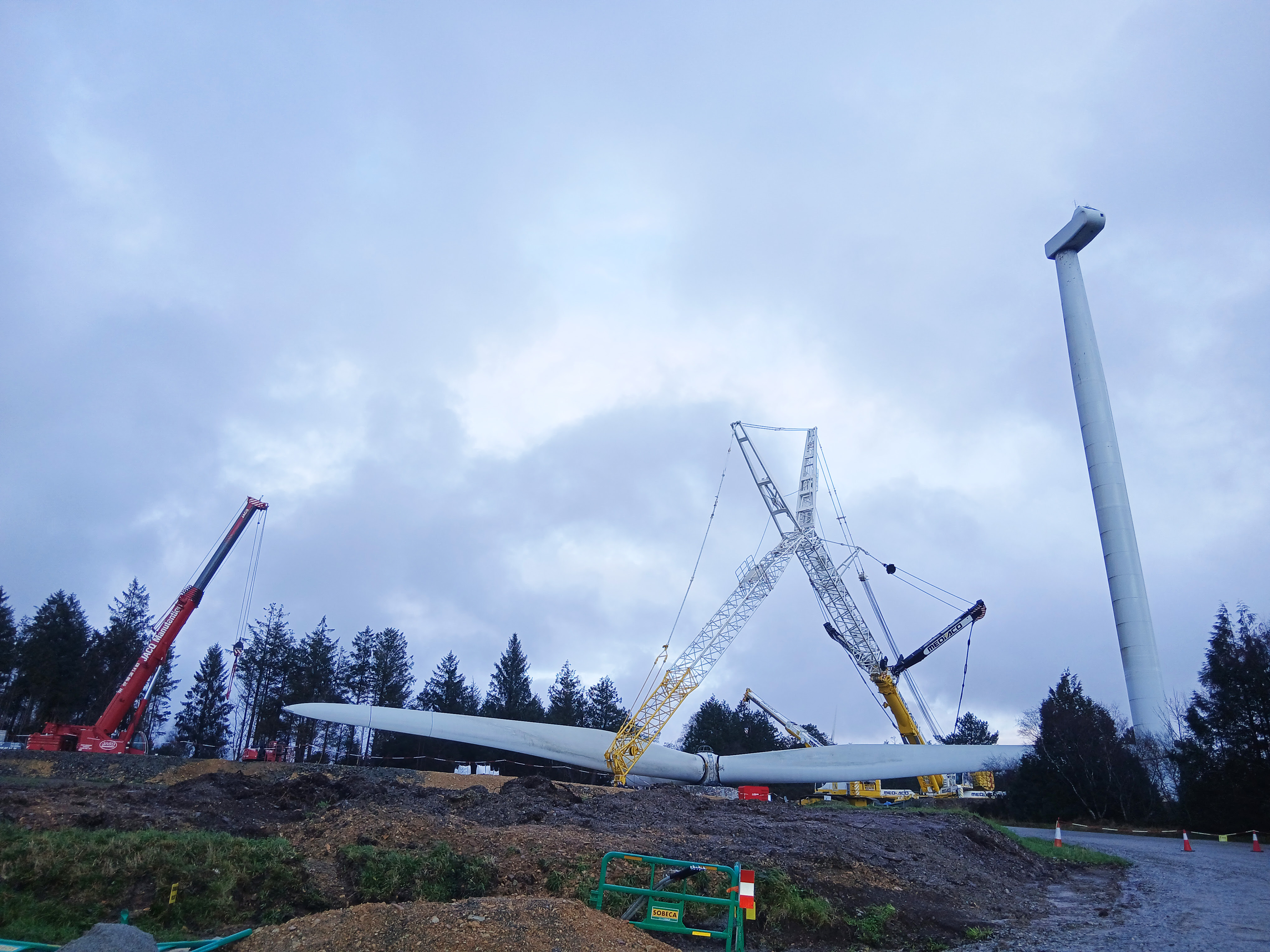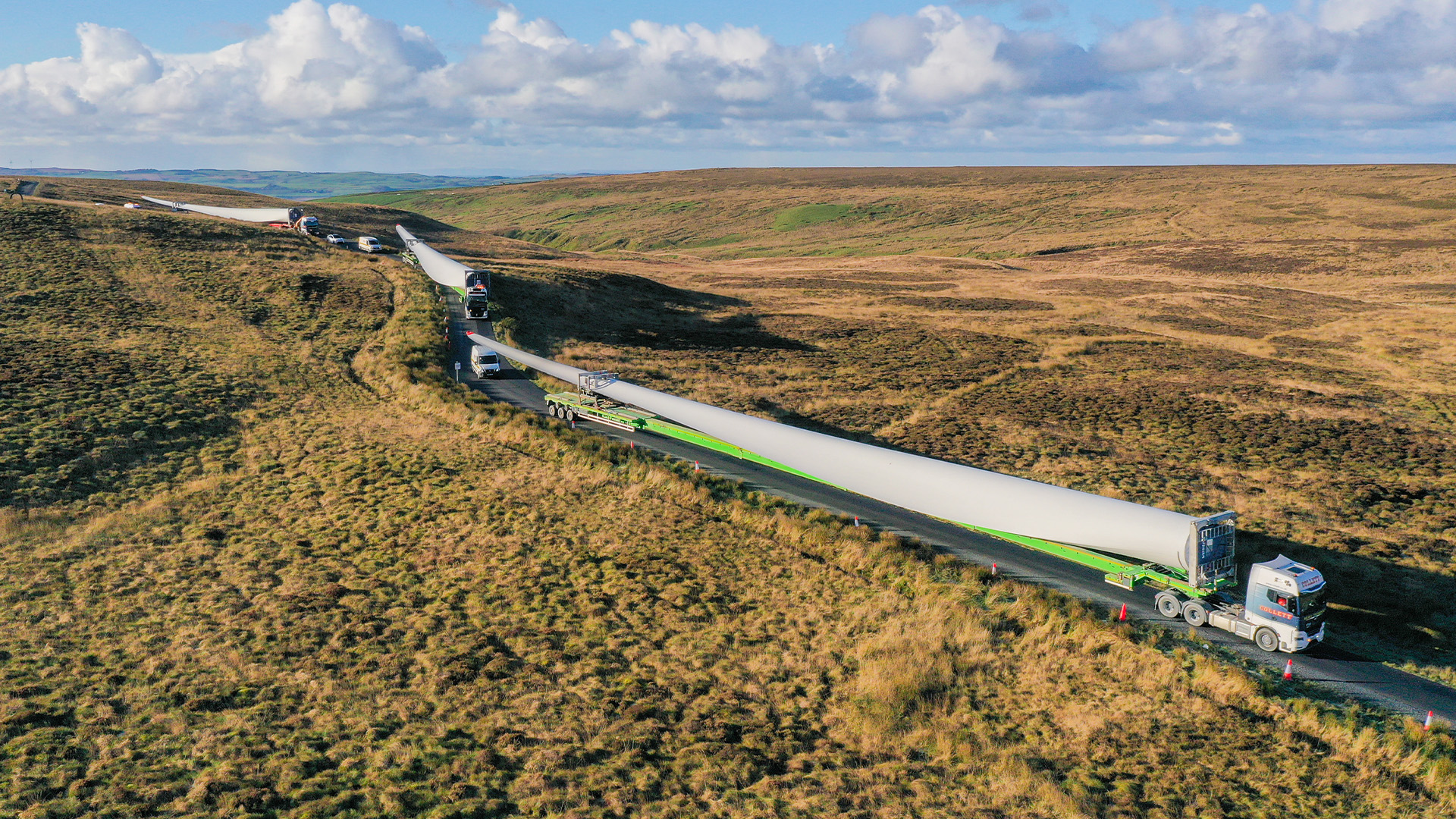News
Robosys Automation Leads PROJECT ORACLES Consortium To Transform Consenting Process Of Offshore Wind Farms
Published in: Wind, Press Releases
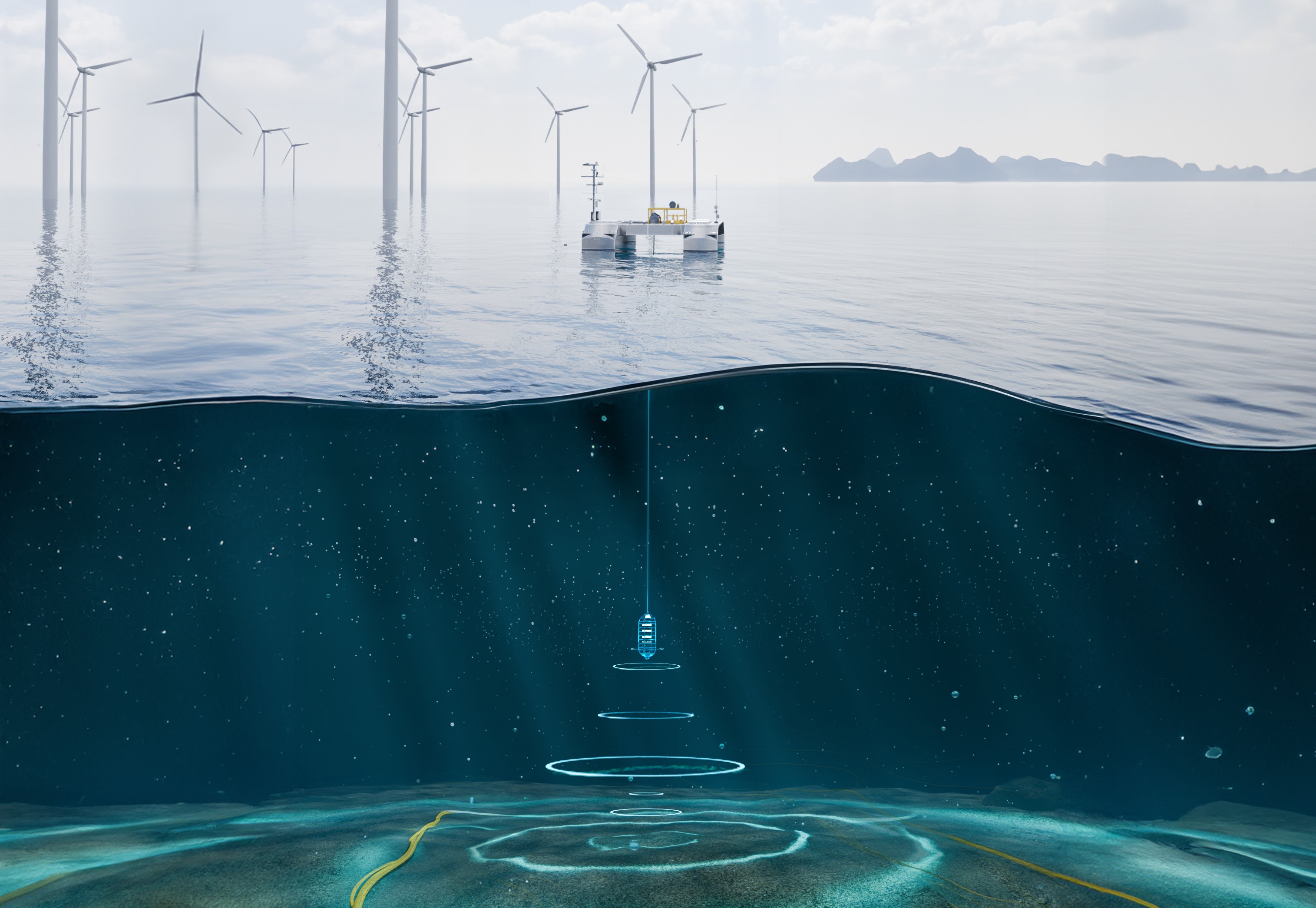
Robosys Automation, a leader in marine autonomy systems, is leading Project ORACLES, an innovative venture which will transform the environmental consenting process for offshore wind farms (OWFs). The Project ORACLES consortium includes ACUAOcean, MSEIS, Plymouth Marine Laboratories, and the Offshore Renewable Energy Catapult.
Funding for Project ORACLES was secured through the UK Research and Innovation (UKRI)’s Innovate UK Launchpad programme, in line with the UK Government’s Levelling Up plan.
Currently the data collection process for environmental monitoring at proposed OWF sites is labour-intensive, with separate providers handling various aspects such as bird monitoring and sea conditions. Data is collected manually and analysed after it reaches shore, significantly slowing down the decision-making process.
Aiming to significantly reduce the approval timeline, Project ORACLES will address this by leveraging advanced marine robotics, advanced autonomous systems, and other digital ocean technologies, to streamline, improve, and accelerate this process, and help meet the UK’s target of 60GW of offshore wind capacity by 2030.
The project’s 14-month research phase will advance the use of clean maritime solutions, including ACUA’s Unmanned Survey Vessel (USV), which will be equipped with a range of environmental sensors (eDNA, ADCP, acoustics) to collect comprehensive, real-time data on marine life, water quality, and environmental changes.
The PROJECT ORACLES consortium will develop the dynamic positioning system (DPS) and a BVLOS (beyond visual line of sight) winch profiling system for water column data collection, and the integrate multiple sensors delivering a novel and highly effective output, together with automated ballasting.
Robosys Automation, already a trusted provider of marine autonomy systems and vessel control systems, will additionally deliver a new capability to operate multiple USVs being operated from a single Remote Operations Centre (ROC).
ACUA’s Pioneer USV boasts the endurance and power required for the demands of offshore data collection and meets the Maritime and Coastguard Agency's (MCA) Workboat Code 3 (WBC3) for operating beyond port and closed water environments in the UK.
Through these technological advancements, Project ORACLES will enable the launch and recovery of multiple environmental sensor payloads which will facilitate comprehensive and cohesive datasets, improving the accuracy and efficiency of environmental assessments. Sensors such as eDNA, ADCP, and acoustics will allow for continuous monitoring of marine life, water quality, and environmental changes from one vessel.
Project ORACLES’ proposed outcomes will enable deployment of significant payloads, support USVs operating in higher sea states and across extended operating periods, and reduce capital, environmental and operational costs, whilst delivering and managing data more effectively.
The innovations involved not only reduce the need for multiple crewed survey missions but also significantly decreases CO2 emissions and environmental disturbances compared to traditional crewed vessels, therefore aligning with the UK’s clean maritime goals.

In support of the UK government’s Levelling Up agenda, Project ORACLES will have a direct impact on the UK’s South West’s marine innovation cluster, fostering high-skilled jobs, supporting future skills, and contributing to the region’s economic growth. In addition, the project’s outputs will provide new business opportunities in the rapidly expanding global offshore wind market
Nigel Lee, Project Lead and Robosys Automation’s CSO comments: “This ambitious project will revolutionise the environmental consenting process for offshore wind farms (OWFs) in the Celtic Sea and other areas across the UK. These technological innovations will reduce the need for crewed survey missions and accelerate data delivery, enabling a faster, more cost-effective consenting process.”
He continues: “The project’s outcomes will also foster the growth of regional businesses, by opening new markets and supporting the advancement of technological capabilities such as ACUA’s Pioneer USV, and Robosys’ VOYAGER AI advanced maritime autonomy. It will further reinforce the region’s expertise in marine autonomy, clean maritime technologies, and digital ocean innovations to a worldwide stage.”
PROJECT ORACLES COLLABORATORS + SUPPORTERS
Robosys Automation (Project Lead) Advanced maritime autonomy software
ACUA Ocean Uncrewed Surface Vessels (USVs)
ORE Catapult Offshore Renewable Energy Innovation Support
MSEIS Acoustic monitoring systems
Plymouth Marine Laboratories Multidisciplinary marine scientific research
UK Research and Innovation (UKRI) Innovate UK Launchpad Funding
ABOUT ROBOSYS AUTOMATION
Since 2012, Robosys Automation has been regarded as the world leader in maritime autonomy and smart shipping applications, delivering pioneering and intelligent navigation solutions to crewed, lean-crewed and autonomous vessels, USVs and ships, from 3m to 320m.
Headquartered in the UK within the maritime sector’s Silicon Solent region, Robosys also has offices in USA, Canada and India.
Robosys has two decades of experience in developing and supporting AI maritime autonomy and smart shipping solutions with its platform, propulsion, and sensor-agnostic software; for both operational purposes, and for training simulation in synthetic environments, across surface and subsea operations.
Robosys’ solutions are proven and boast full IMO Degree 4 Maritime Autonomy capability. Robosys’ solutions include its ground-breaking VOYAGER AI software which transforms any motorised vessel into a fully autonomous Unmanned Surface Vessel (USV); which features independent navigation, collision and obstacle avoidance, anti-grounding and dynamic route optimisation.
Robosys offers numerous options to complement VOYAGER AI, including COLREGS-compliant Collision Avoidance Decision Aid (CADA) applications, to enhance the safety in the support of crewed and lean crewed watchkeepers. Other options include Voyager Platform Control providing Remote Steering, Engine Control and Propulsion Control, together with Voyager Platform Management, providing Alarm Monitoring, together with Switch & Relay Controlling.
Robosys Automation has also won numerous awards and accolades, being crowned Winner of the MUKS 2023 International Partner of the Year Award and the MUKS Future Skills Award in 2024 and declared the Finalist at the Maritime UK Technology Gamechanger Award in 2024. Robosys has also been shortlisted as a Finalist for the forthcoming Maritime UK International Partner Award.
Robosys’ national and international partners include the Australian Maritime College - AMC Search, the Maritime Research Institute of Netherlands (MARIN) and the National Oceanography Centre (NOC) Innovation Hub. Find out more about Robosys Automation at www.robosysautomation.com.
PRESS CONTACT
For further information and to arrange an interview please contact Hannah Kent Colls, Director, at Watermark Communications, e: hannah@watermarkcomms.com or t: +44 (0)7876541876.
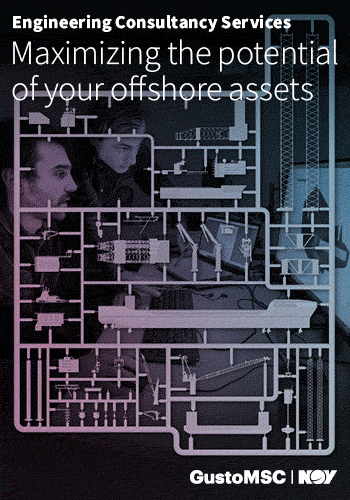

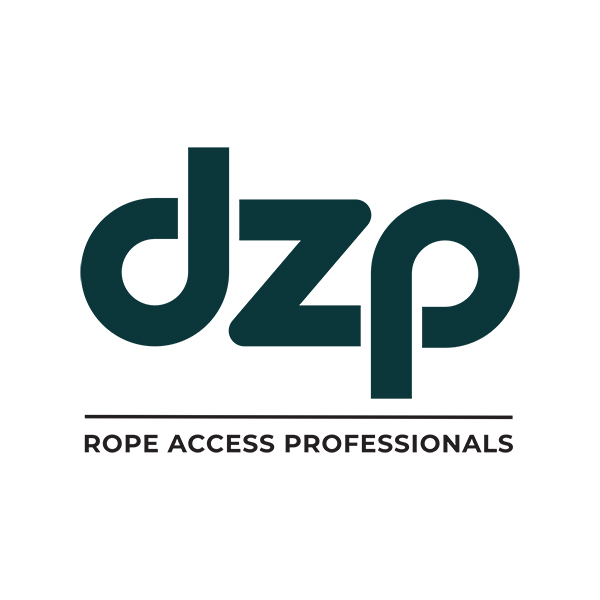
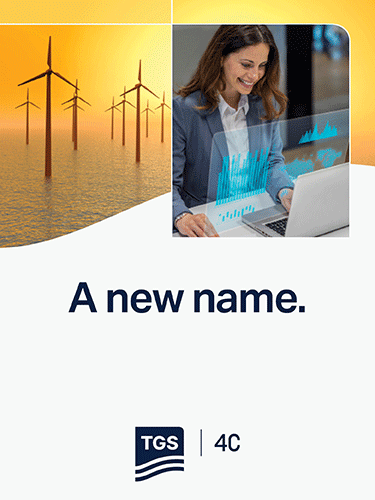
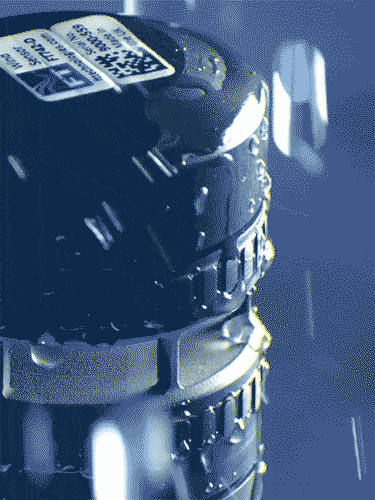
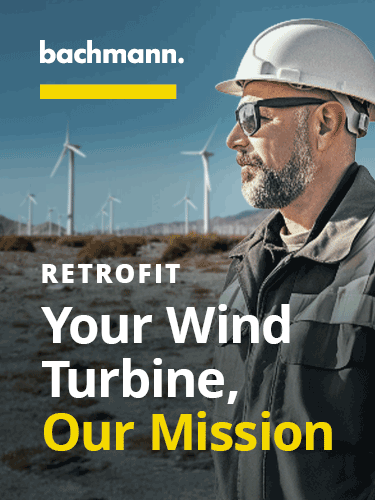
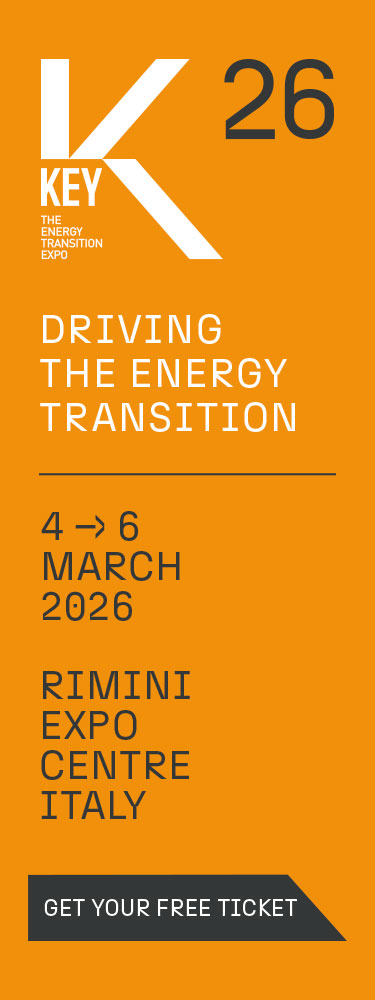
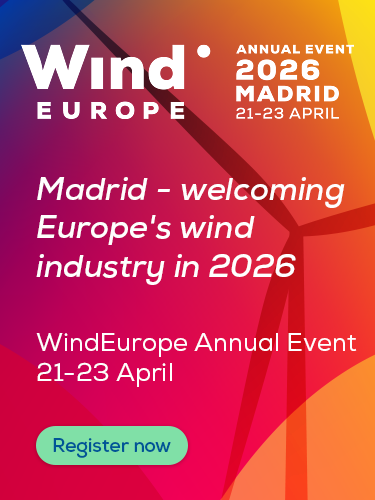
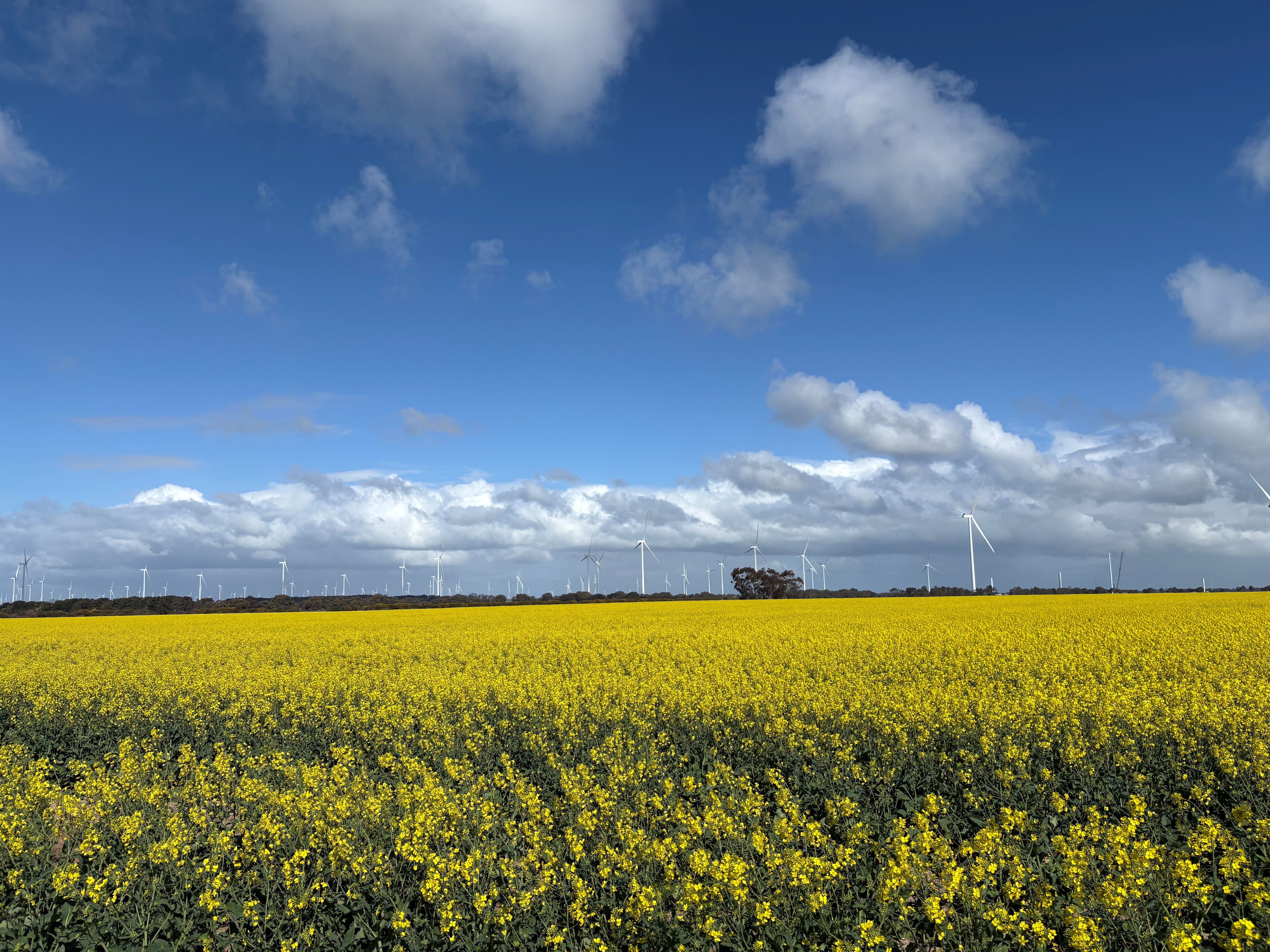
.png)
